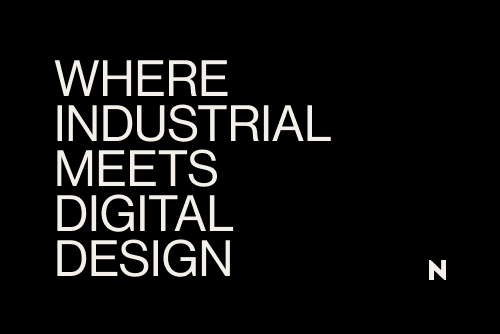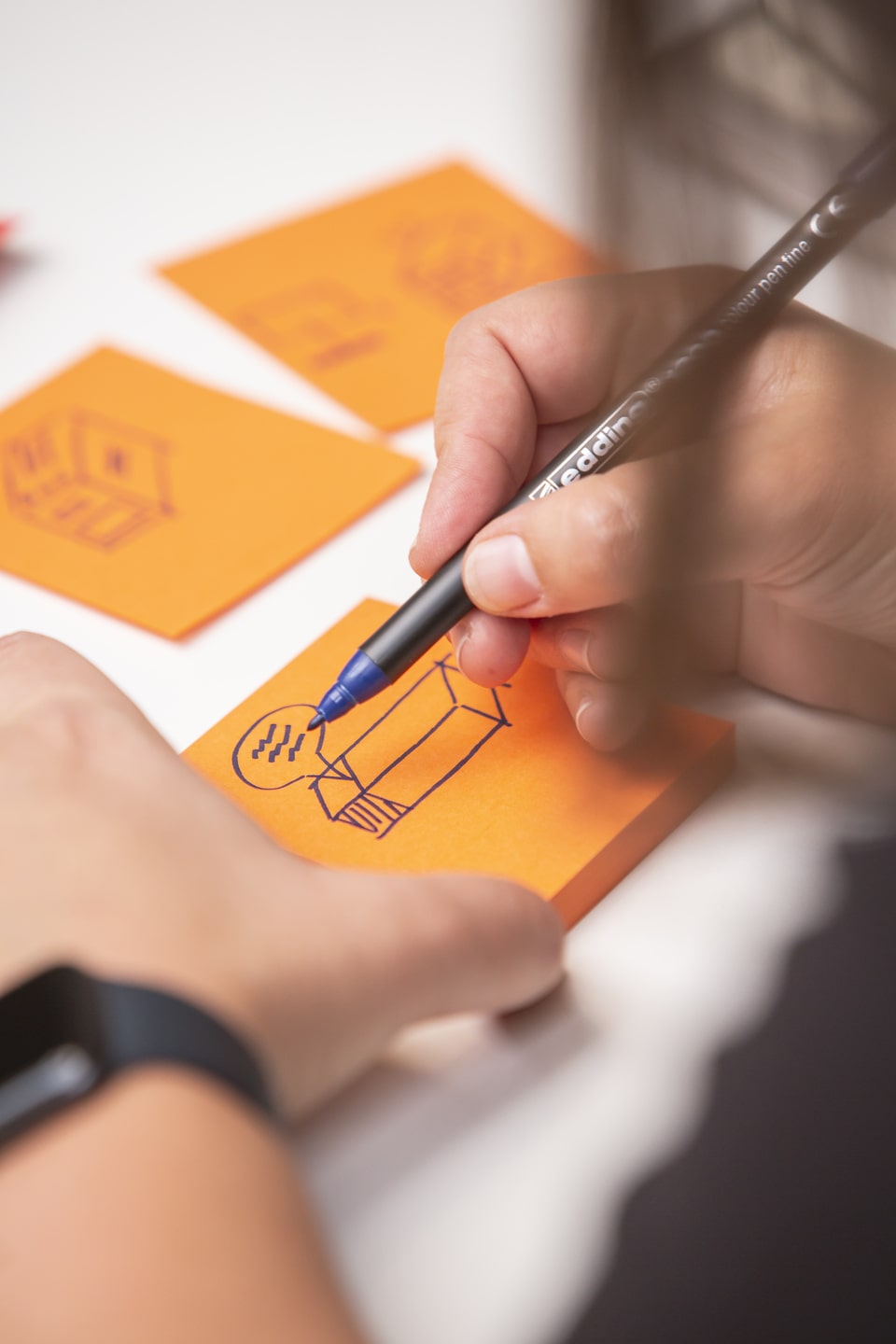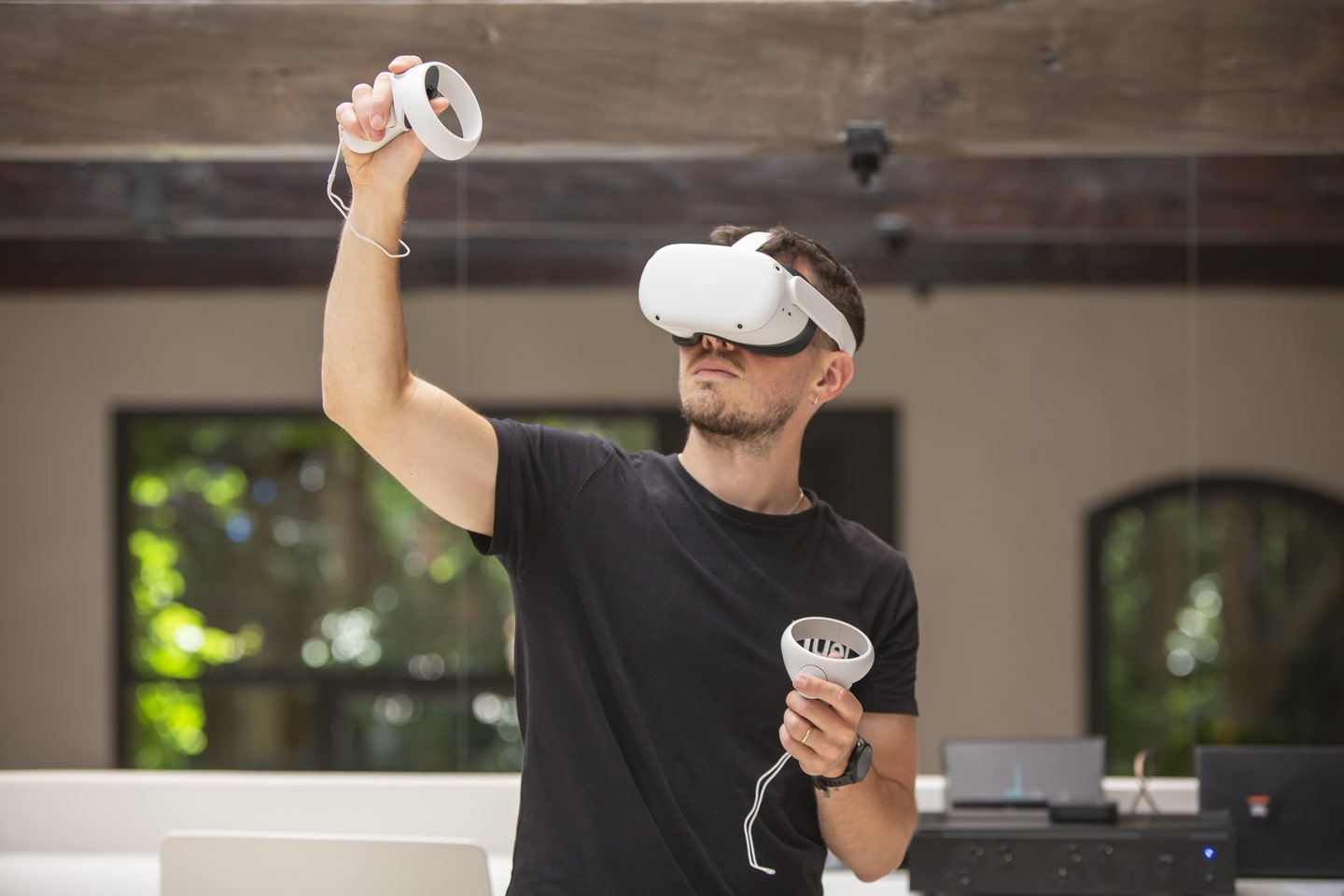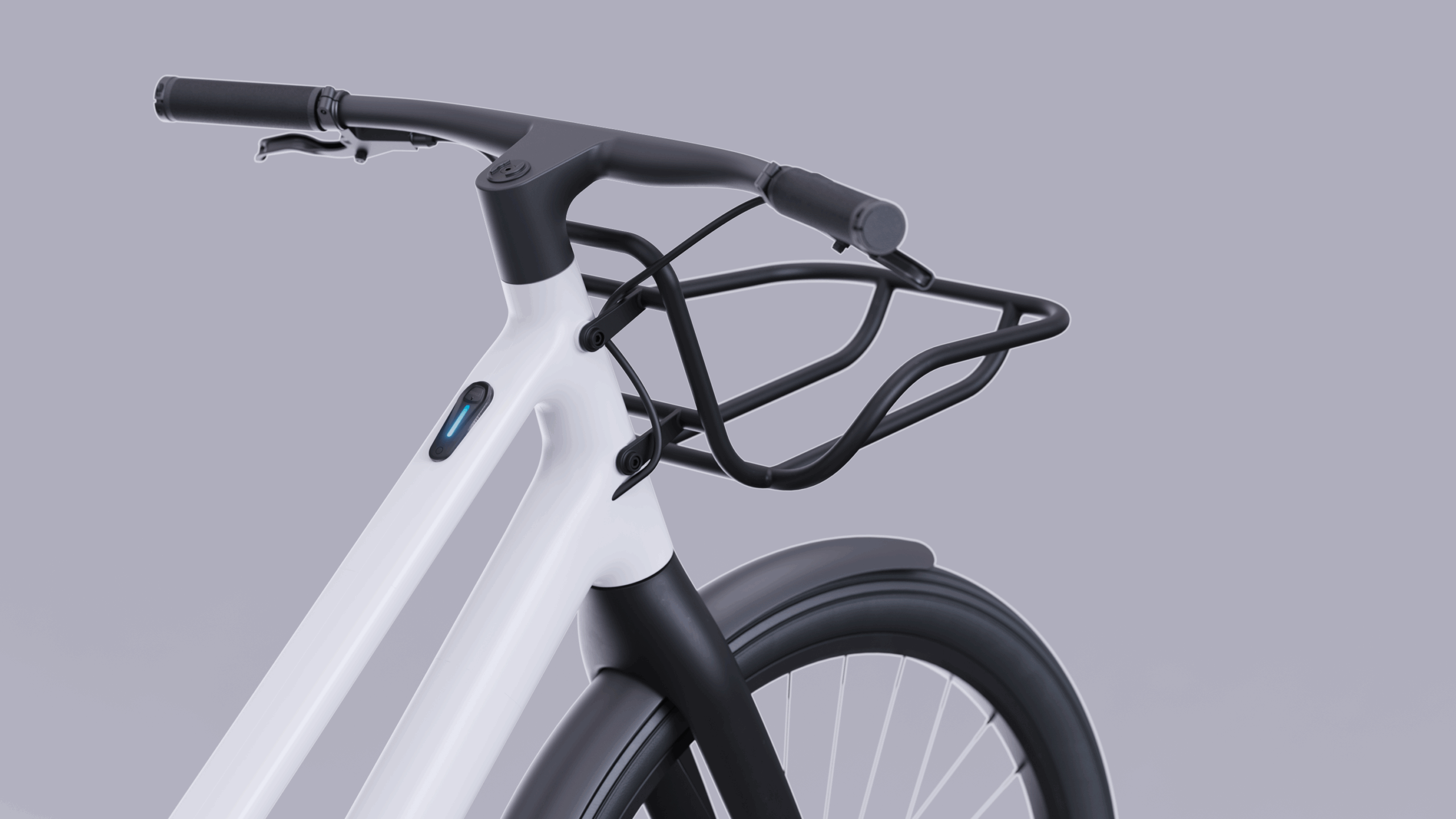
What is industrial design?
- Nacar Design
The creation and development of new products and innovative materials with improved properties and more efficient uses largely depend on industrial design, a fundamental aspect. If you’re interested in learning more, in this article, we will address the definition and process of industrial design.

Meaning of Industrial Design
Industrial design involves the entire process from conceptualization to the development of products. This multidisciplinary field encompasses various areas such as product design, design engineering, components, vehicles, structures, and prototype simulation, among others.
Industrial design constantly adapts to the transformations of the world and contributes to its evolution. Its main objective is to identify market or development opportunities, as well as to improve and innovate products. Moreover, industrial design addresses problem definition, creates relevant solutions, and validates these solutions before large-scale production.
The industrial design process, crucial for finding the most suitable solution for sector needs, consists of several phases that guide the entire creative process carried out by the industrial designers.
What does an industrial designer do?
The product design process begins with an idea and is notable for being a challenging and fascinating process as it brings that idea to life. Throughout the development of a new product, various factors are considered, such as materials, machinery, budget, market trends, user needs, feasibility, project deadlines, ergonomics, functionality, and durability over time, among others. These elements must be taken into account by the industrial designer, and we could outline a generic scheme like this:
Define the vision and strategy of the product
In this phase, the direction is established, and the design team is guided with a vision that captures the essence of the product and a strategy that responds to what will be built and why.
Product research
Here, a thorough investigation is conducted, covering market and trend analysis, regulations, functionality, ergonomics, and safety, maximizing the chances of success.
User analysis
Draw conclusions from the data collected during product research, organizing and making inferences about user needs, thoughts, and desires.
Ideation
Generate creative ideas that address the project’s objectives and confirm the validity of design assumptions using techniques such as sketches and storyboards.
Design and prototyping
Implement the concepts developed in the conceptualization phase by creating prototypes, considering strategic design and efficiency in the rapid prototyping process.
Testing and validation
Ensure that the design concept works as intended, passing tests and meeting expectations before moving on to mass production and industrialization.

Mass production and industrialization
Officially launch the product into the market, starting mass production for sale, distribution, and implementation.
Industrial designers deploy their creativity to conceive everyday products intended to enjoy broad acceptance. However, to achieve this goal, they engage in a highly collaborative process. This profession commonly involves working in extensive teams, including strategists, engineers, UI/UX designers, project managers, brand creation experts, graphic artists, and manufacturers.
This multidisciplinary approach enables industrial designers to thoroughly understand a problem and develop skillful solutions that meet specific user needs.
This concludes the post for this occasion. We hope you liked it and found it useful to learn more about industrial design. If you are looking for an industrial design company or need industrial designers, contact Nacar. We are experts in industrial design, backed by experience and our work. We will be happy to help!


Compuestos termoplásticos moldeados; ligeros y reciclables. El proyecto BCPR.
